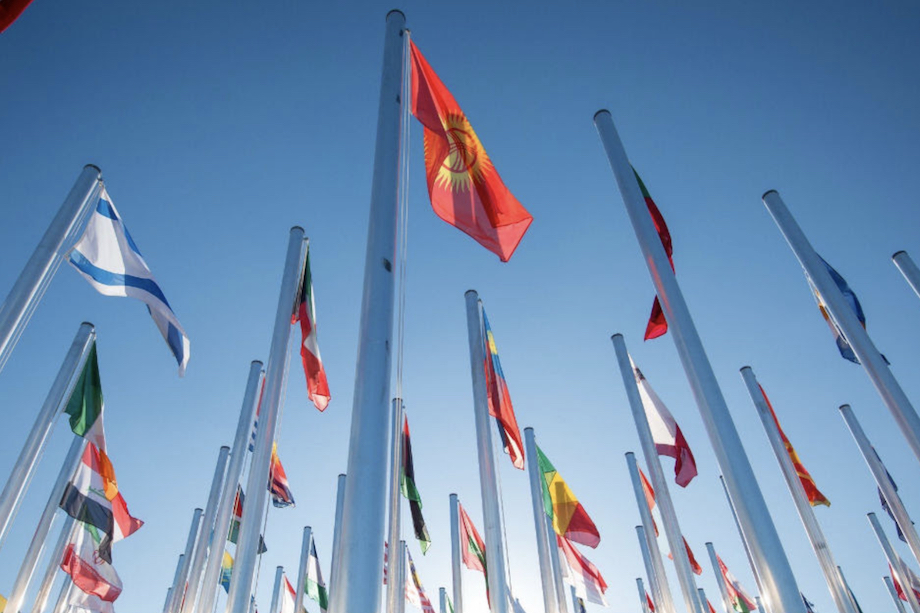The International Renewable Energy Agency (Irena) believes 7.7TW of operational renewable capacity will be needed by 2030 if the world is to limit global warming to "well below" 2C above pre-industrial levels, in line with the Paris Climate Agreement.
However, at present, countries’ nationally determined contributions (NDCs) amount to 3.2TW of renewable installations by 2030, up from 2.3TW currently deployed.
Irena stated that the 7.7TW target can be achieved "in a cost-effective way with considerable socio-economic benefits across the world".
The agency’s director-general Francesco La Camera argued that a decarbonised economy "is technologically possible and socially and economically beneficial".
He added: "Renewables are good for growth, good for job creation and deliver significant welfare benefits.
"With renewables, we can also expand energy access and help eradicate energy poverty in line with the UN Sustainable Development Agenda 2030."
Irena plans to release its report NDCs in 2020: Advancing Renewables in the Power Sector and Beyond on 11 December (Wednesday).
The report’s key message — of the world’s current renewable energy targets being insufficient to meet global climate targets — echoes that of other key energy reports published this year.
In November, the International Energy Agency stated that the expected increase of renewable energy capacity under governments’ known policy intentions and stated targets will not be enough to meet the world’s climate ambitions.
The two-week COP25 talks started in Madrid last Monday (2 December).
A report released to coincide with the opening of the conference showed that global emissions are likely to continue to climb in 2019 - albeit at a slower rate than in the previous two years.


.png)


.png)









